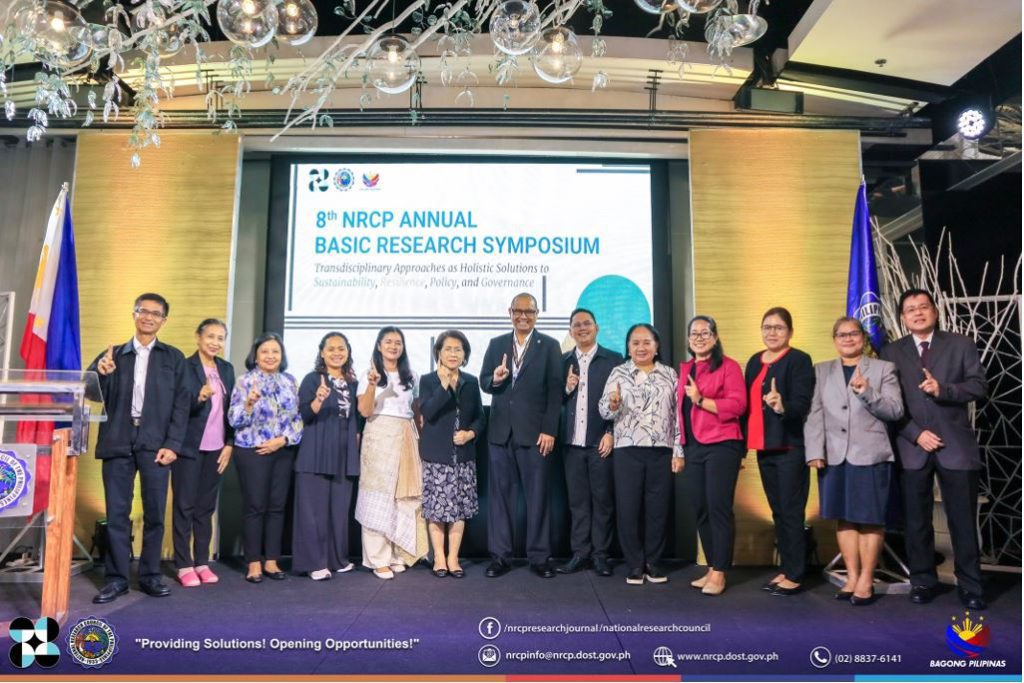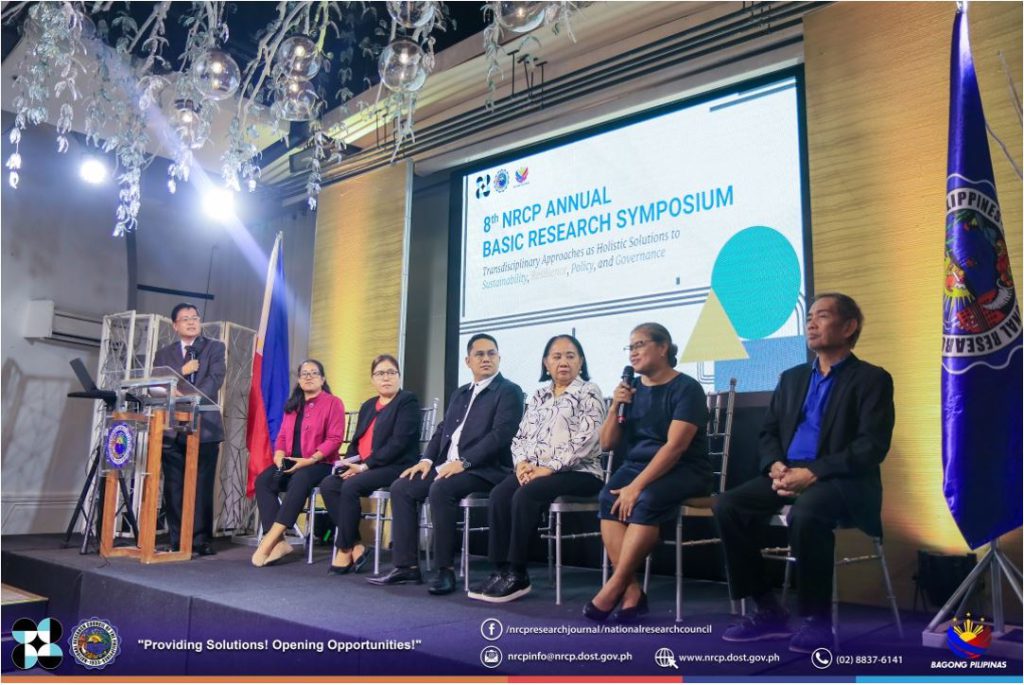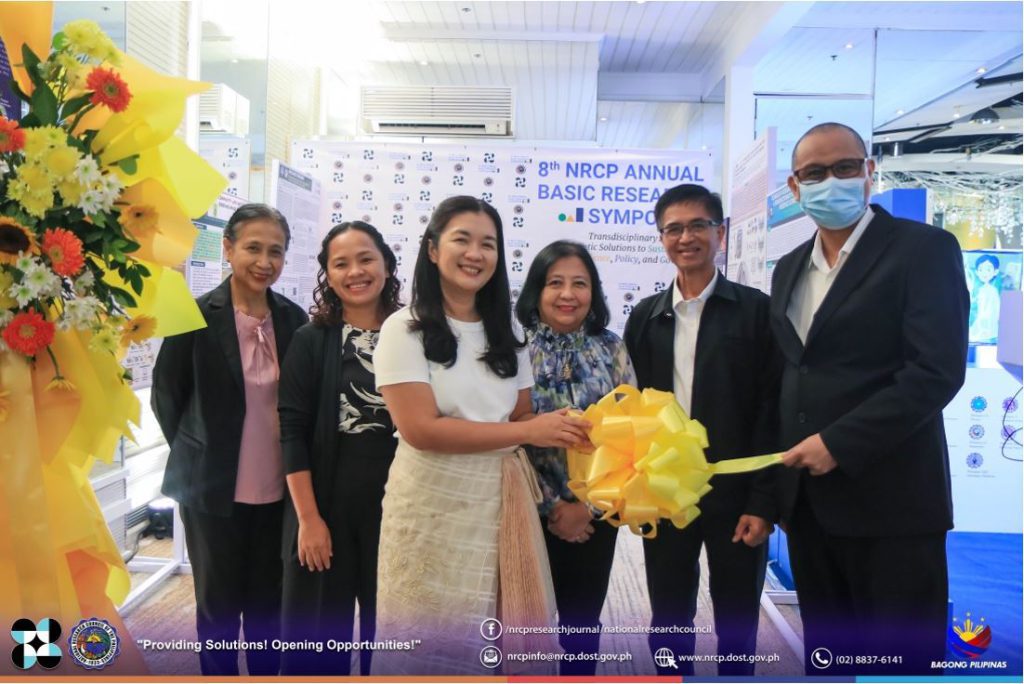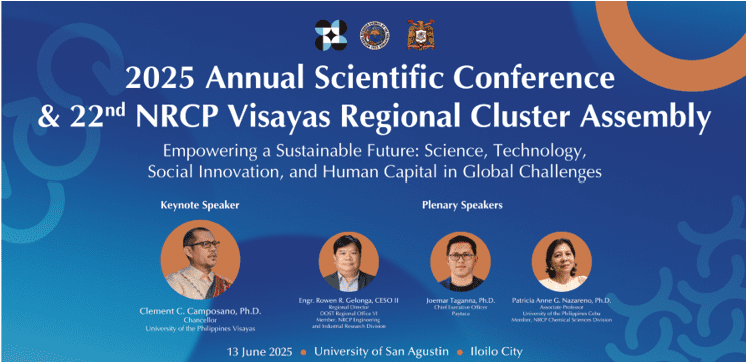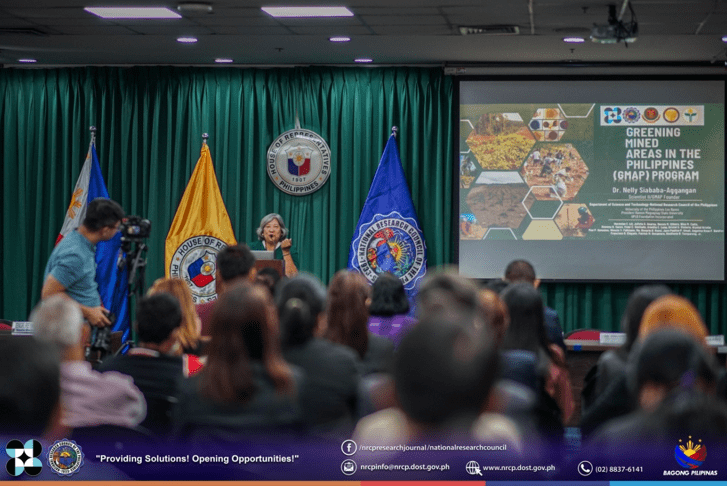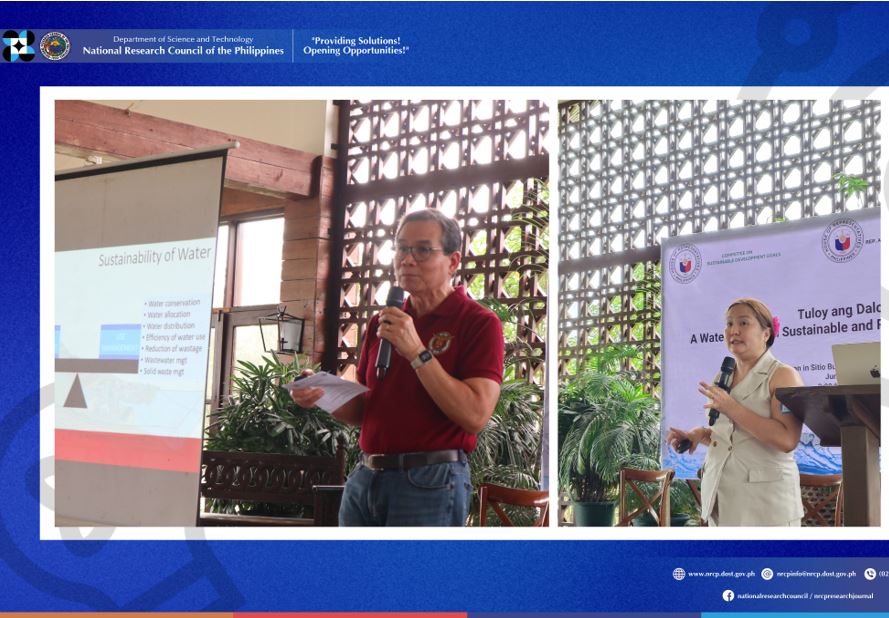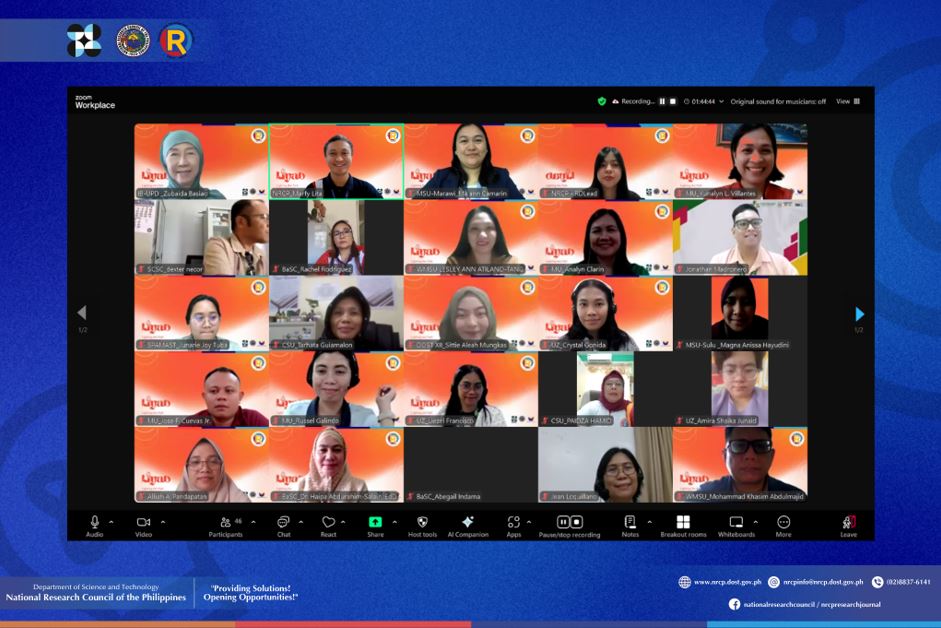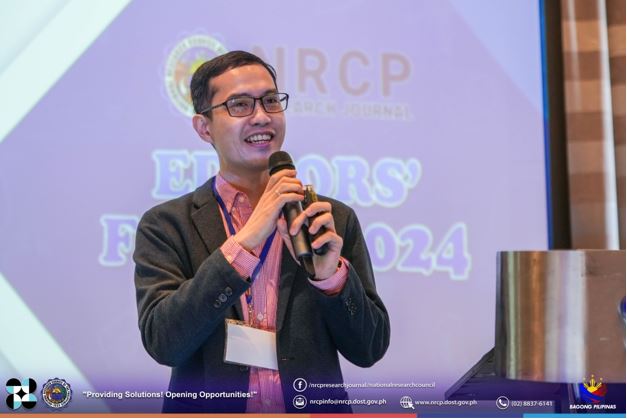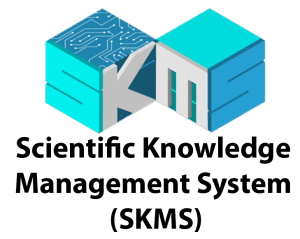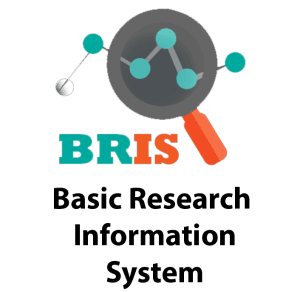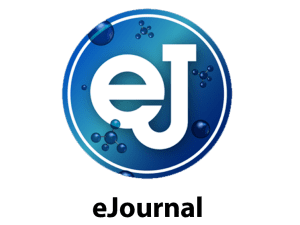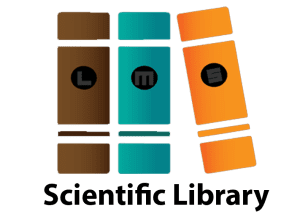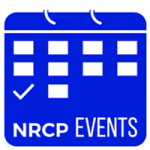NRCP Experts Highlight Transdisciplinary Approaches to Complex Challenges at 8th Annual Basic Research Symposium
The experts of the National Research Council of the Philippines (NRCP) are increasingly embracing transdisciplinary strategies to address evolving challenges such as climate change, disaster risk reduction, and sustainable development.
This year’s 8th Annual Basic Research Symposium (BRS), held on October 28, 2024, at the Vivere Hotel & Resorts, Alabang, Muntinlupa City, centered around the theme Transdisciplinary Approaches as Holistic Solutions to Sustainability, Resilience, Policy, and Governance. The symposium highlighted the impact of transdisciplinary approaches in basic research and the importance of collaboration across diverse disciplines.
At the symposium, NRCP experts presented a range of research projects representing the Council’s five (5) divisions during the consecutive plenary sessions, namely, 1) Assessment of Ecosystem Services and Key Economic Activities and Livelihoods in Del Carmen Siargao by Dr. Cecilia Banag-Moran; 2) Design, Management, and Implementation of Community-Based Risk Communication in Disaster Risk Management by Ms. Aletheia Araneta; 3) Access to Primary Care Facilities and Services of Government Employees and their Immediate Family by Dir. Roderick M. Napulan; 4) Drawing Best Practice of Community Adaptation to Climate Change: Relating Conceptions, Attitudes, and Behavior of Community Members by Dr. Maricar Prudente; 5) Socioeconomic and Political Study to Support Public Policy Towards Transforming the Municipality of Ubay, Bohol into a Science City by Dr. Segundo Joaquin E. Romero, Jr.; and, 6) Bamboos as Bioremediation Tool in Restoring Nickel Mined-out Areas in Zambales by Dr. Lerma Maldia.
The research on sustainable development discussed on the assessment of economic activities in island communities, while, the study on disaster risk management focused on the development and implementation of efficient risk communication methods especially tailored to vulnerable communities. The research on public health examined the accessibility of primary care facilities and services for government employees and their families, while another study presented community best practices on climate change adaptation strategies. Finally, the research on urban planning and land restoration explored public policy strategies for transforming a municipality into a science city and restoration of mined-out communities through the potential of available resources such as bamboo.
Dr. Aimee Lynn Barrion-Dupo, NRCP President, emphasized the importance of breaking down disciplinary silos and foster collaboration among researchers.
“By pooling expertise from diverse fields, we can develop more strategic and efficient approaches to inform policy, advance of knowledge and inspire innovation to contribute in address pressing challenges,” she said.
Dr. Bernardo N. Sepeda, NRCP Executive Director, representing Dr. Leah J. Buendia, Undersecretary for Research and Development, further underscored the value of collaboration in research.
“Bringing together various knowledge dimensions and combining scientific expertise helps in supporting basic research to further enhance the capabilities of our country’s researchers, scientists, engineers, and artists (RSEAs) helps in holistically addressing timely societal problems,” he noted.
Following the presentations, an open forum encouraged further discussion and potential collaborations among experts and participants. The event also featured an interactive exhibit showcasing additional NRCP research projects and dissemination activities.
Approximately 70 NRCP member-researchers and representatives from partner institutions attended the symposium. Aligned with the National Integrated Basic Research Agenda (NIBRA), the event promotes research dissemination to support researchers and policymakers in utilizing findings across the Council’s 13 scientific divisions.
